Total hip replacement is one of the worlds most common orthopedic surgeries. Osteoarthritis is the most common reason for getting one. The logic being, if the cartilage is worn away in your hip, the whole joint can be replaced with a new prosthesis.
It all sounds quite simple and straightforward but it needs to be recognised it is a major surgery and consequently has many typical risks. The replacement usually doesn’t last forever and has an average life of 15 years or so. As a result, surgeons typically don’t pursue the surgery until it is really necessary.
The general rule of thumb is you are looking for significant symptoms. Is the pain so severe, your general life is getting limited? Are there advanced findings on X-ray? And/or is there significant stiffness developing, limiting normal use of your hip? All these factors indicate need for surgery, as the longer your function is limited, the more you lose out in terms of general
strength, fitness, weight, and health.
So what is usually involved then? There are typically two main approaches to a hip replacement
- an anterior (front) and a posterior (back) approach where they perform the incision. Most of the time, this is determined by the technique the surgeons are most comfortable with, but they do dictate the rehabilitation afterwards. This is mainly in the area of precautions, to ensure your hip heals correctly. For example, with a posterior approach you are limited to how much you can bend your hip forward for the first 6 weeks – this means you need to avoid all low chairs! It is critical you understand what is and isn’t appropriate before you go home from hospital.
But what happens next? Generally, you will be up and moving the first day with a frame. Total hip replacement isn’t exactly fun, but it does tend to be less painful than it’s cousin, the total knee replacement. You will likely progress to crutches and eventually to no aid over the coming 6 weeks or so. Most people need about 12 months for a complete recovery but will be fairly mobile within 2-3 months. Ultimately, this final outcome is largely dependent on how much work and exercise gets put into recovery and rehabilitation. Hip strengthening is a slow process and requires many weeks of physio to achieve optimal outcomes. To achieve this, most peoplecontinue to attend physio for at least a month or two after they leave hospital. This ensures no
bad habits develop and proper strength and function is restored.
Total hip replacement is quite the journey. If it is something you are considering, feel free to ask us for our advice. Doing a period of pre-habiltiation before surgery is also a strong option for those who are unsure or have significant deficits going into surgery, as it has been associated with improved outcomes.
-
Simone SzaboPhysiotherapist
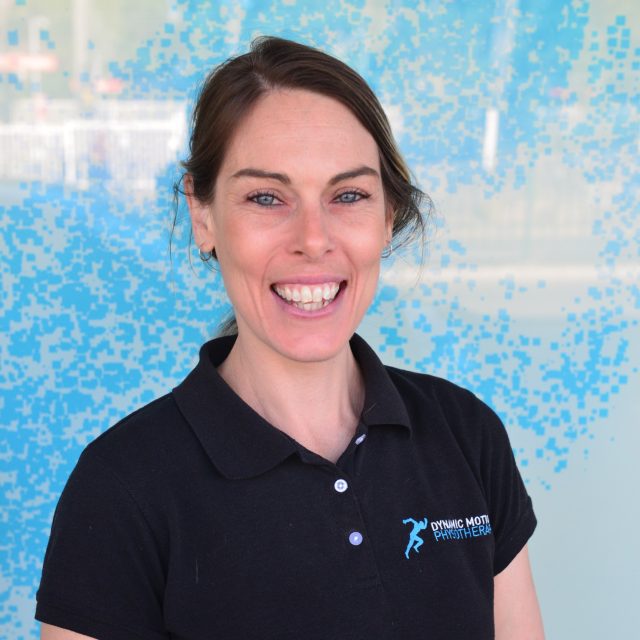
-
Darren PivettaPhysiotherapist
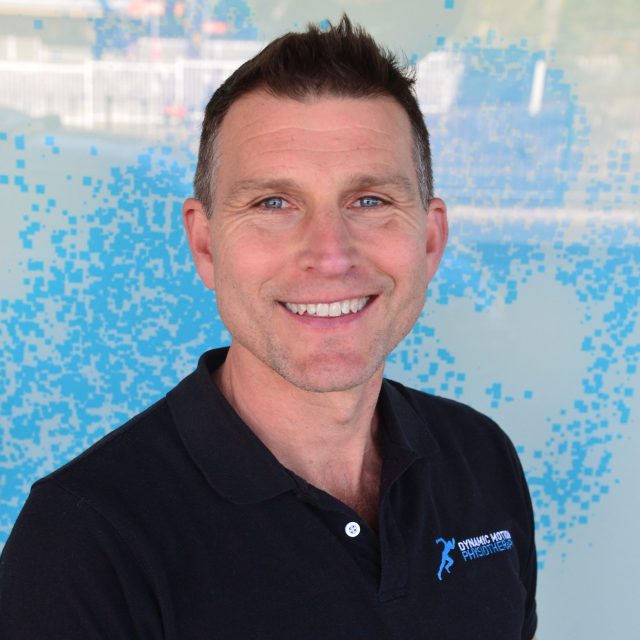
-
Jacqueline WalfordPhysiotherapist
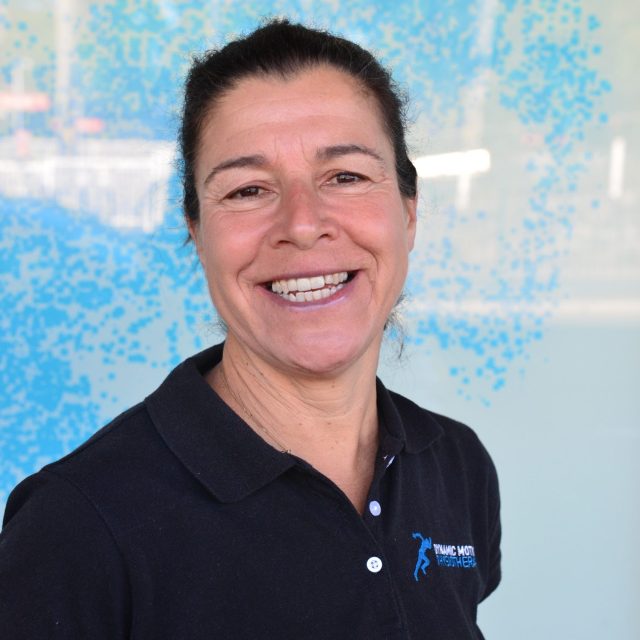
-
Jennie WhitakerPhysiotherapist
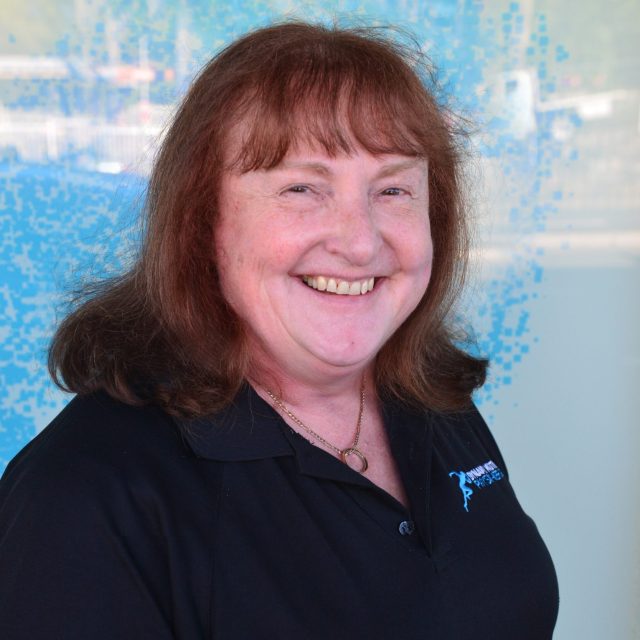
-
Amanda BaxterPhysiotherapist
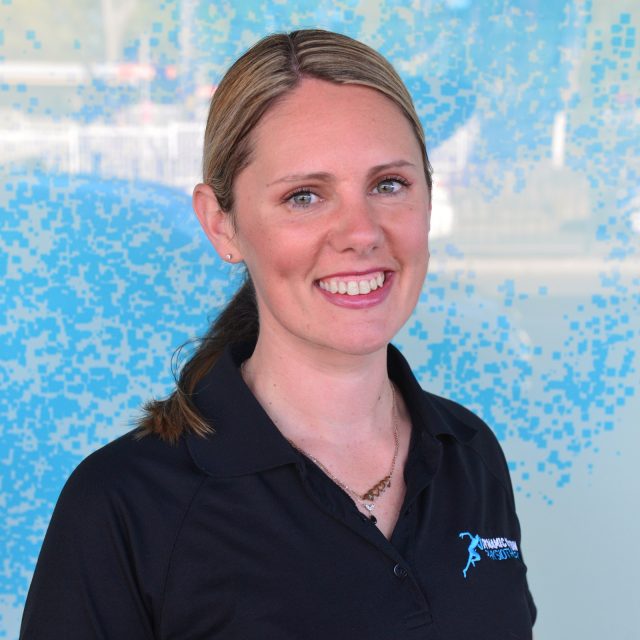
-
Denise PivettaPhysiotherapist
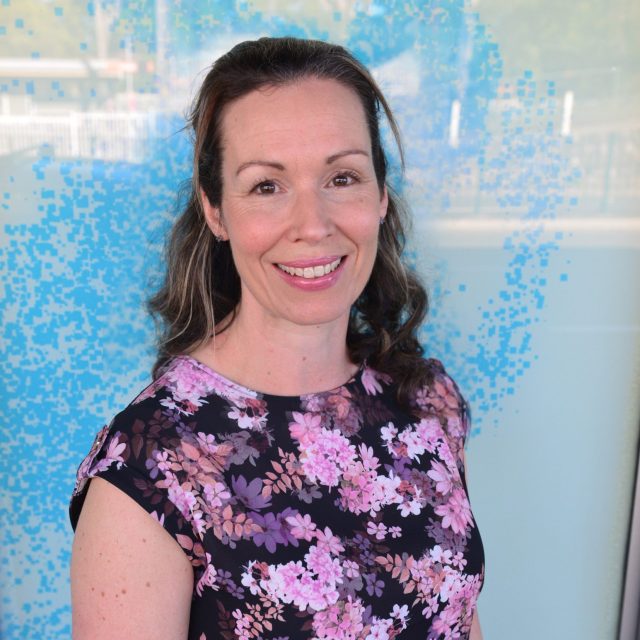
-
Rob KerferdPhysiotherapist
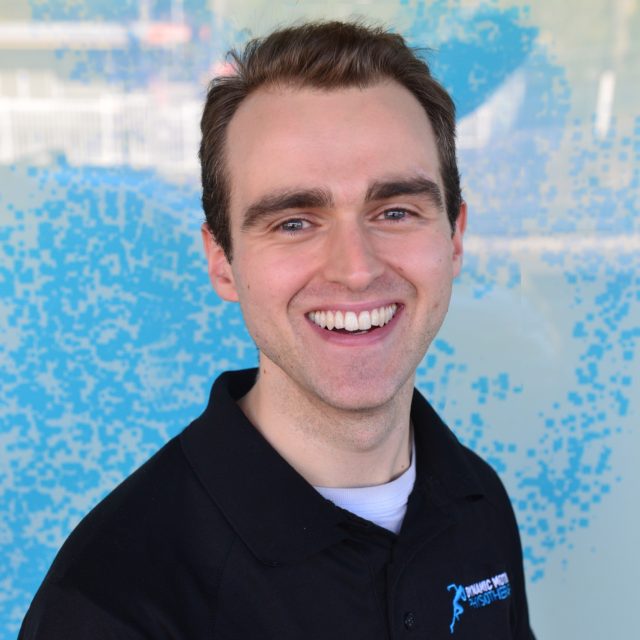
-
Julia GiblinPhysiotherapist
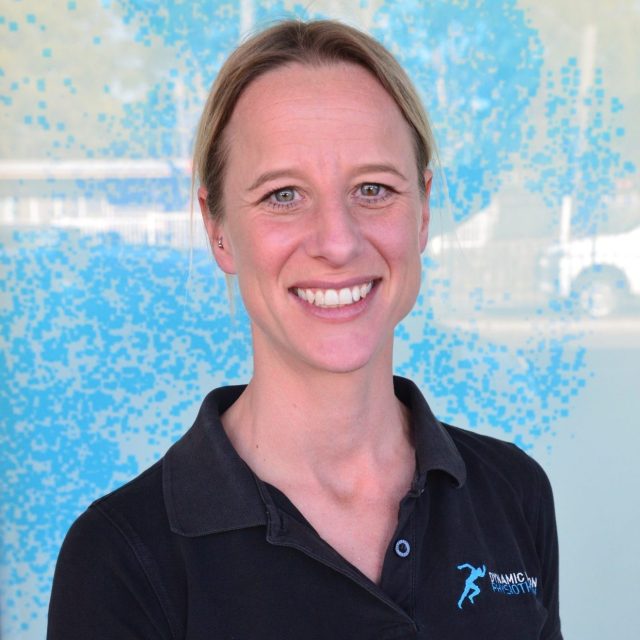
-
Ann RossPhysiotherapist
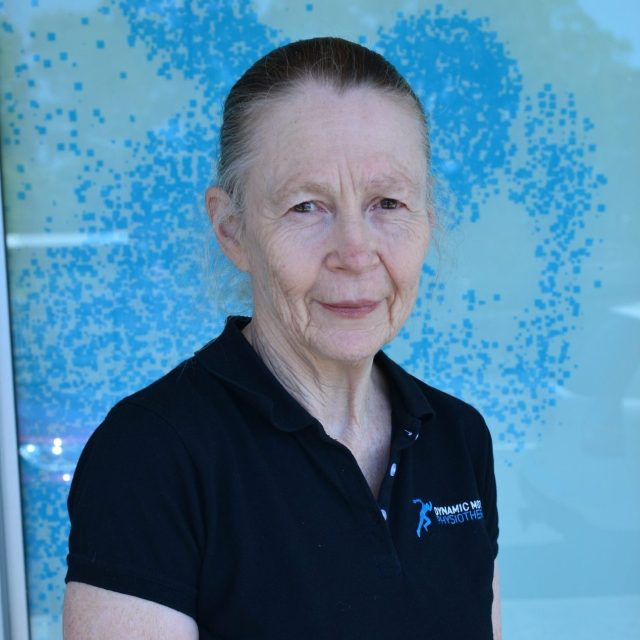
-
Maya KhannaPhysiotherapist
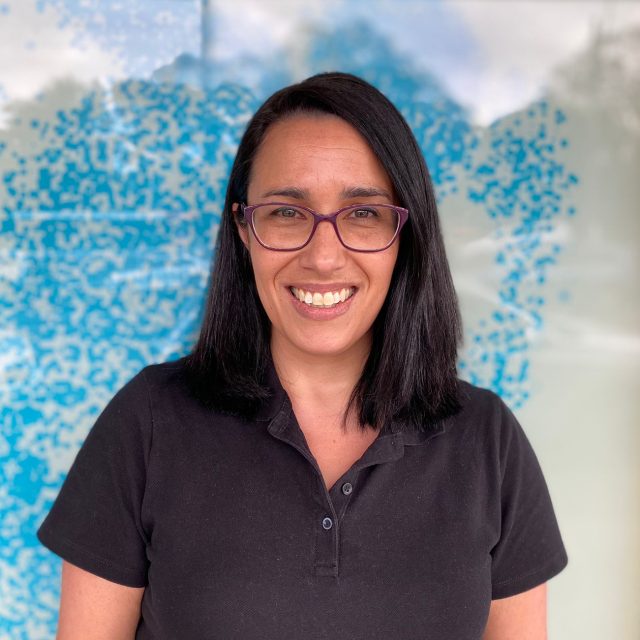
-
Hung VuongPhysiotherapist
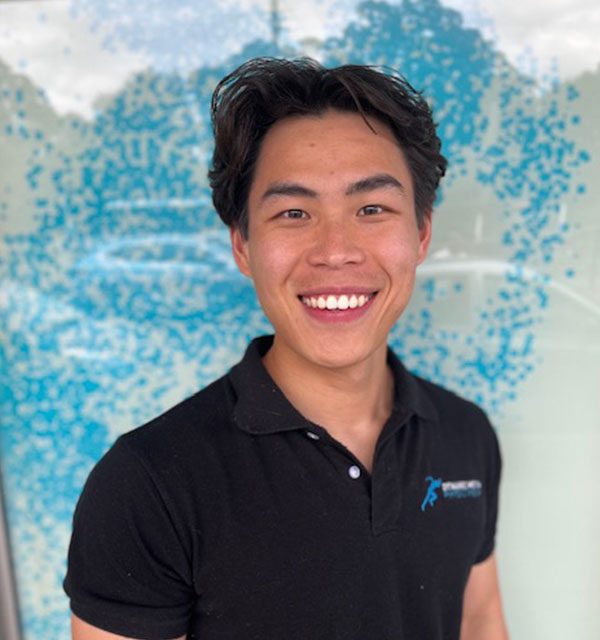
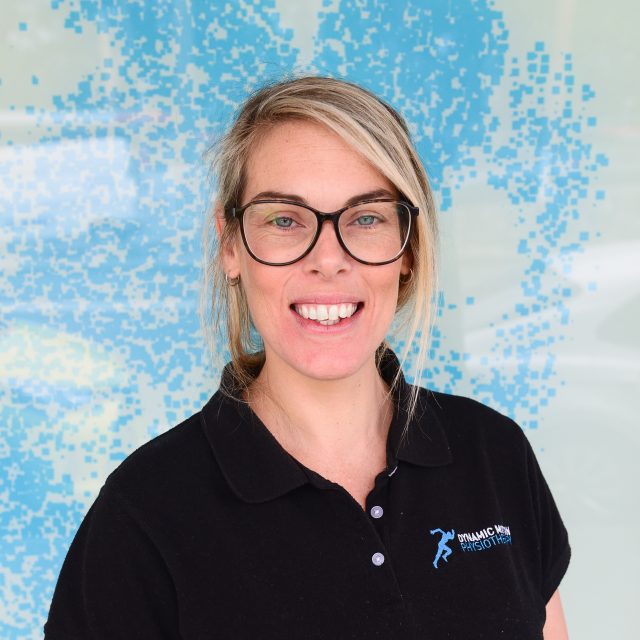
Simone Szabo
Simone Szabo
Having worked as a physio for many years, Simone has had a wide variety of experience in both public and private physiotherapy settings, working the last 7 years in private practice. Simone has developed a special interest in treating foot and ankle injuries, running injuries, jaw pain (TMJ) and posture- related back and neck pain.
Simone has vast experience working with elite sporting teams and athletes including Premier League football, rugby, track and field, Australian baseball, and swimming.
Simone is passionate about helping people move well and stay active. She has a plenty of experience in running video analysis, and hands on manual therapy as well as dry needling / acupuncture, and helping develop and retrain ideal movement.
When not in the clinic, you will find her out running, at the beach or spending time with family and friends.

Darren Pivetta
Darren Pivetta
Darren has worked as a physiotherapist for over 25 years and has a passion for helping people to move at their best.
He believes in taking a whole-person approach to assessment and injury management, taking into consideration the various factors that contribute to a person’s recovery or ability to improve their performance. He utilises specific advice, education, hands-on therapy and tailored exercises to help people achieve their goals. He is trained in dry needling (Western acupuncture) and teaches Physio Pilates.
Darren has extensive experience and training in treating all types of musculoskeletal problems, neck headaches, postural issues, chronic pain, orthopaedic and sports injury rehabilitation and athletic performance improvement.
On the weekend you will find Darren out playing on the football field, spending time with his family and friends, outside enjoying God’s creation or trying to catch that perfect wave.

Jacqueline Walford
Jacqueline Walford
Jackie trained as a physiotherapist in Birmingham, UK qualifying in 1987. She worked in London before immigrating to Australia in 1995. After working for another private practice for 7 years Jackie decided to start Berowra Physiotherapy in 2003. This was also the year she took the exam to become a credentialed McKenzie therapist.
Jackie has also completed level 2 sports course and regularly attends post graduate seminars and courses. Jackie takes a very functional approach to treatment seeing it as a partnership between therapist and patient and keeping exercises simple and manageable.

Jennie Whitaker
Jennie Whitaker
Jennie has managed the Physiotherapy Department for Nepean and Hornsby Hospitals for 12 years, has been a member and chairperson for the OH&S; Committees of Nepean and Hornsby Hospitals and has been a member of the APA council. She is delighted to be working at Berowra Physiotherapy on Monday, Wednesday and Thursday afternoons.

Amanda Baxter
Amanda Baxter
Amanda is passionate about injury prevention and patient education, empowering you to take part in your recovery to be your best self.
She also teaches regular small Group Physiotherapy classes at our Berowra clinic. Her qualifications include a Bachelor of Health Science, majoring in Movement Science, and a Masters in Physiotherapy from The University of Sydney.
Amanda has hands on experience with work placement at Westmead Children’s Hospital, St Joseph’s Rehab Hospital, Northern Sydney Lung Rehab Clinic and a private practice – Sports, Spinal & Rehab Solutions, Hornsby. She is also experienced in Aged Care, rehabilitation, falls prevention and manual handling training and assessment.
Amanda also has a strong background in personal fitness training, nutrition coaching and Pilates. She loves all kinds of sports and physical activity and spending time with her family, including her husband and two children.

Denise Pivetta
Denise has been practising for more than 20 years, since graduating from her Physiotherapy degree at Sydney University, in both hospital and private practice settings. She has developed a special interest in treating postural neck and back pain, shoulder injuries and foot and ankle pain, as well as rehabilitation following hip and knee surgery.
Denise experienced first-hand the benefits of improving core muscle strength and stability after having her first child, and this led to her undertaking Clinical Pilates courses.. She has since applied this knowledge widely in the clinic for the treatment and prevention of pain and poor posture, utilising the principles learned from from 15 years of practising and teaching physiotherapy- based Pilates. Denise has vast experience as an educator, teaching everything from Get Fit to Ski classes, to Physio Pilates and Prenatal Education classes. She feels great satisfaction in seeing her clients learn more about their bodies and how they can move better.

Rob Kerferd
Rob became interested in anatomy, exercise, and the human body when he began going to the gym in high school. He began researching and managing his own injuries with exercise and from that point, physiotherapy stood out as a career for him.
Rob developed his skills and gained experience in private practice, musculoskeletal, sports physiotherapy and post-surgical rehabilitation at the Australian Catholic University where he completed his Bachelor of Physiotherapy. Rob believes in managing patients with a combination of hands-on techniques and exercise. He aims to involve the patient in the decision-making process to optimise results such as reducing pain and increasing function in work, sport, or day-to-day living.
Outside of physiotherapy, Rob enjoys living an active life including cycling and regularly going to the gym and outdoors with friends and family.

Julia Giblin
Julia Giblin
Clinical special interest areas:
Prevention and Rehabilitation of functional impairments, shoulder, hip, knee and ankle injuries, complex and chronic back related conditions,
Womens Health and functional whole body assessment.
Personal interests: Spending time with my family and friends. Travel, Running, Hiking, Food
Originally trained in Germany, Julia has gained Australian accreditation.
She has experience in orthopedic and surgical conditions as well as functional impairments.
She sees the human body as one whole and is always pushed to identify the source of a problem. Hands on manual therapy. being functional and regain/retrain ideal conditions.
Keeping up to date and developing skills on PD courses.
Motto: there is always room to improve

Ann Ross
Ann Ross
Ann is a Titled Musculoskeletal Physiotherapist.
Ann graduated from Sydney University in 1983. She returned to Sydney University in 1994 to study for a
Post Graduate Degree in Musculoskeletal Physiotherapy.
She has worked in private practice for over 35 years, including running Burns Bay Physiotherapy in Lane
Cove for 26 years with my sister.
As part of my commitment to the physiotherapy profession she served on numerous state and national
Australian Physiotherapy Association committees over an 8-year period, including 1 year as the NSW
Vice President.
She worked in a variety of practices before starting Burns Bay Physiotherapy in 1996. She ran this
practice for 26 years. Overall, she has over 35 years of experience in private practice.
Ann continues to pursue her interests in understanding and applying the latest research in the field of
Musculoskeletal Physiotherapy, plus her years of experience to achieve the optimal results for her
clients. She has particular interests in back pain, lower limb problems, shoulders and chronic pain.
Outside of work Ann enjoys spending her time cycling, gardening, and spending time with her family.
“My passion is to achieve great outcomes for my clients so that they can enjoy the best possible quality
of life. Whether your pain is of short or longstanding nature, I am keen to work with you to achieve great
outcomes.”
Maya Khanna
With 20 years experience as a musculoskeletal and rehabilitation physio, Maya enjoys teaching people how to get the best out of their body, no matter what stage of life they are in.
Maya previously worked as a senior physiotherapist at Mt Wilga Private Hospital and has extensive experience in pre and post operative rehabilitation, persistent pain and managing complex or chronic conditions,including a special interest in Long Covid. She is also a qualified Pilates instructor and has recently completed her Women’s Health training.
Maya loves to build rapport with her patients to ensure they receive individualised treatment and education delivered with compassion and empathy.
Hung Vuong
Hung Vuong
Hung believes in treating the whole person with personalized, evidence-based care. His approach combines thorough assessment, effective treatment modalities, and patient education to empower individuals in their recovery journey. Whether recovering from surgery, managing injuries or returning to sport, Hung is committed to helping patients achieve their optimal health and movement goals.
Outside of work, Hung enjoys playing tennis, doing calisthenics, spending time outdoors and hanging out with friends and family. Hung loves Sydney beaches and is on a quest to visit as many beaches in Australia as possible.
Hung looks forward to supporting you on your path to better health and improved quality of life.

